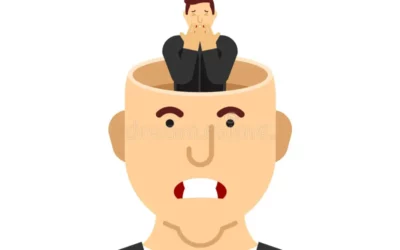Handling seemingly intractable social, emotional, physical and / or intellectual problems: e.g. ADHD, Dyslexia, Dyspraxia, Anxiety: a re-framing
A paradigm shift in handling a variety of physical, intellectual emotional and / or social problems. The paradigm shift is radical in two inter-locking ways:
Practical
Each ‘diagnostic’ session involves taking a seemingly irrelevant side step to establish whether there is a mis-match between the writing and the adept (wright) hand. This is done using paper and pencil and object manipulation tasks. If the mis-match is found, then it cannot be eliminated as a co-factor in whatever the presenting problem happens to be. Remedying the mis-match must be considered as part of any problem solution.
Conceptual:
It is grounded in a faceted rather than a components model of how humans act and interact. The faceted model can be best presented as a four-sided pyramid with each ace representing physical, intellectual, emotional and social perspectives. One implication of this model is that if something is found to be out of kilter with one facet, then something else will, on deeper probing, invariably be found to be out of kilter in one or other of the facets.
The ‘unit of analysis’ is therefore taken to be the interaction between individuals, and not the individual alone. The underlying rationale is that all presenting problems exist within some or other social context. In principle there are three types of interaction:
mutually beneficial: all parties to the interaction benefit by engaging in progressive problem shifting
mutually destructive: no party to the interaction benefits because they’re engaged in regressive problem shifting
zero-sum: one party gains / progesses and the other(s) lose(s) or remain(s) static

Testimonials
These testimonials evidence the success of conducting assessments for personal, educational, medico-legal and legal purposes within this radically differnt re-framing. To repeat, the key feature is to seek to eliminate a mis-match between the writing and the adept hand as a co-factor in the presenting problem. If the mis-match is found to be present then there is a need to ensure that any ‘treatment programme’ takes account of this generally unacknowledged condition.

Read from our blog
When the left hand does indeed know what the right hand is doing!
The more familiar phrase is the left...
When will they ever learn?
Republicans use button pushing slogans to persuade voters of their moral values
Where did the homunculus go?
The homunculus In the Middle Ages,...
